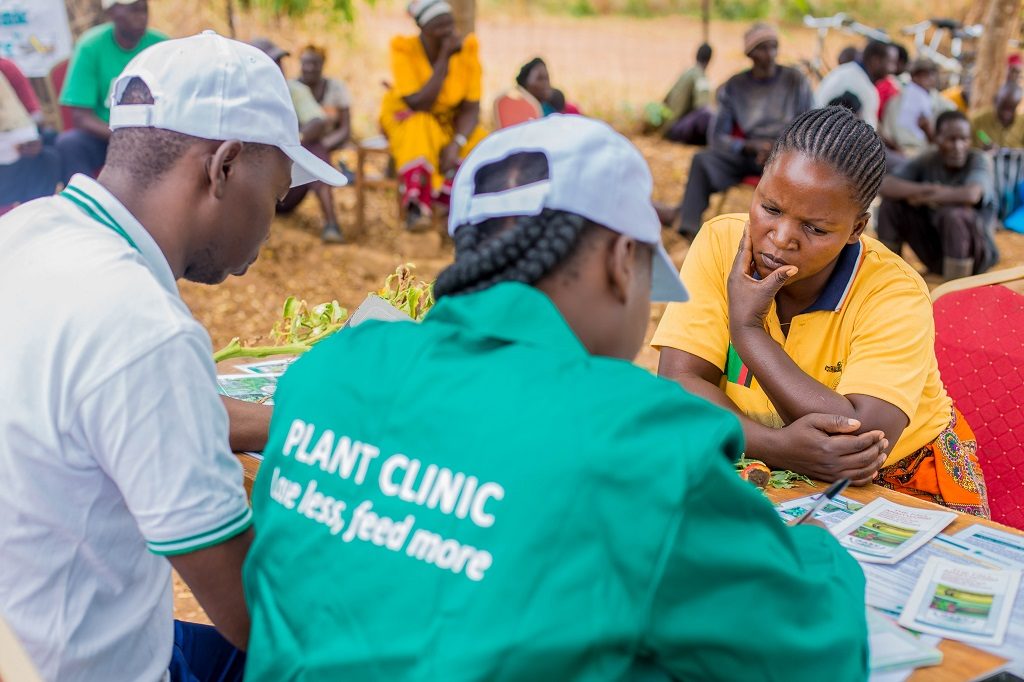
Eight years ago, in 2011, CABI launched its Plantwise programme, an ambitious endeavour, which has involved more than 200 partner organisations in 34 countries across Asia, Africa and the Americas since inception. Plantwise became CABI’s flagship programme and quickly caught a lot of attention due to its innovative, system-oriented approach to deliver practical plant health advice to smallholder farmers.
Last year we decided to compile and review the available evidence to answer the questions: What has the programme achieved and learned during those eight years? The results of this ‘analytical review’, including an online survey with partners, have recently been published in the Plantwise Impact Report 2011-2018.
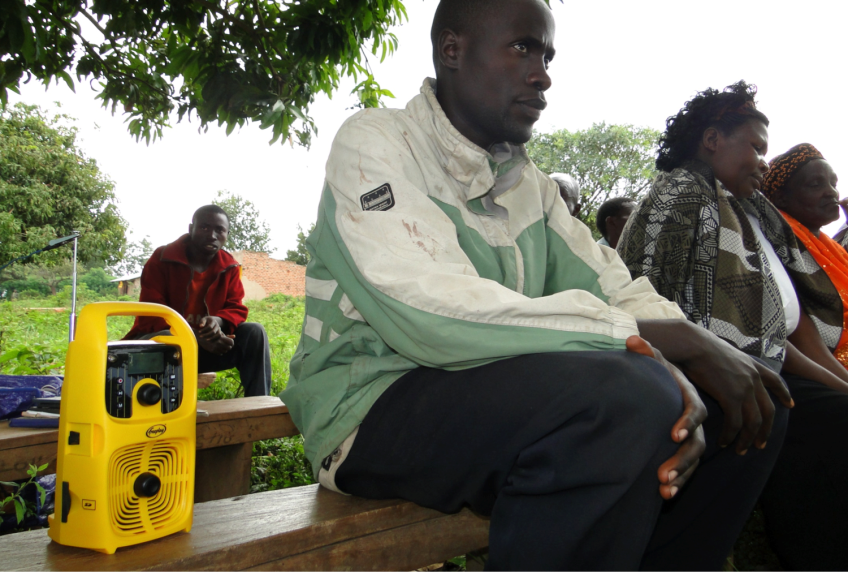
There is a growing body of evidence showing that Plantwise is having a positive impact on farmers’ yields and incomes, as well as farmers’ knowledge on plant health and adoption of sound practices. The capacity of extension staff has improved, enabling them to provide advice on plant health issues to millions of farmers through plant clinics and complementary extension approaches.
The 29 country highlights included in the report show a broad diversity of achievements, many of which demonstrate the vast creativity and commitment that country partners have applied to generate positive change. For example, in China, plant clinic data are used to support a subsidy scheme for green control products; in Ghana, messenger groups (Telegram) are used to deliver lectures to plant doctors on specific plant health topics; in Peru, national partners have ensured the integration of the plant clinic approach into the national guide on extension methodologies.
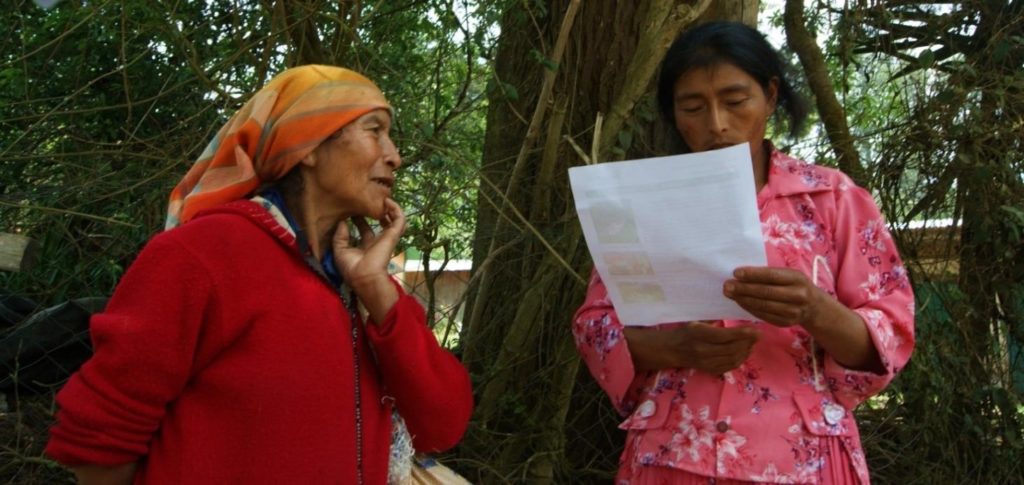
Plantwise has benefitted hugely from the global boom in use of ICT/mobile devices. Access to diagnostic tools and high-quality extension materials has improved substantially through the Plantwise factsheet app and the Knowledge Bank. The introduction of tablets (e-clinics) and the establishment of social network groups are helping to improve the technical capacity of plant doctors and to transform the inter-connectedness of plant health systems. In fact, social network groups are radically changing countries’ ability to respond to pest outbreaks.
The review found that key elements fostering Plantwise success include: alignment with national priorities and institutional structures, commitment and leadership, collaboration and staff availability. In contrast, high staff turnover, inflexible programme procedures, insufficient institutional capacity, government bureaucracy and political instability tend to stifle progress.
There is still work to do. Building and maintaining plant doctor capacity and overcoming institutional barriers are continuing challenges. Ensuring equitable access of women and youth to plant clinics and other services is another area that needs attention. Similarly, establishing stronger connections with private sector actors is a priority and seen as key to achieve sustainability in service provision.
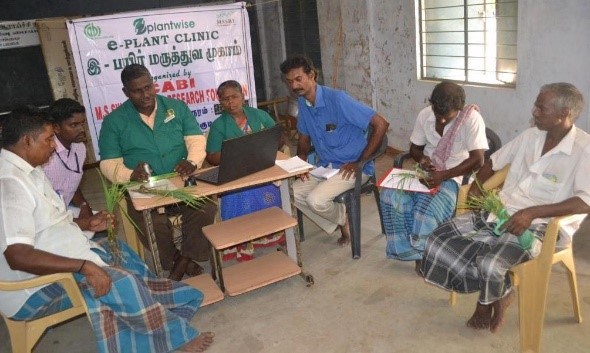
The last eight years have been a steep learning curve for CABI and its partners. A key lesson is that effective implementation requires sound understanding of the political, institutional and cultural context in which it operates. Every country has its complexities and issues. Flexibility and adaption to local contexts is crucial to meet the specific needs of each country/ region. These lessons are vital to guide our collective actions in the years to come.
Read the full report: David, S., Danielsen, S., Gómez, J. (2019). Plantwise Impact Report 2011-2018. CABI.
All Plantwise publications and study reports are available on the website: www.plantwise.org
1 Comment
Leave a Reply
Related News & Blogs
How PlantwisePlus and partners are supporting Assam’s agricultural future
From July to December last year, Assam Agricultural University (AAU) in Jorhat hosted a series of initiatives under the CABI-led PlantwisePlus programme to strengthen plant health services and enhance crop productivity. Co-organized by CABI, M. S. Swam…
15 January 2026

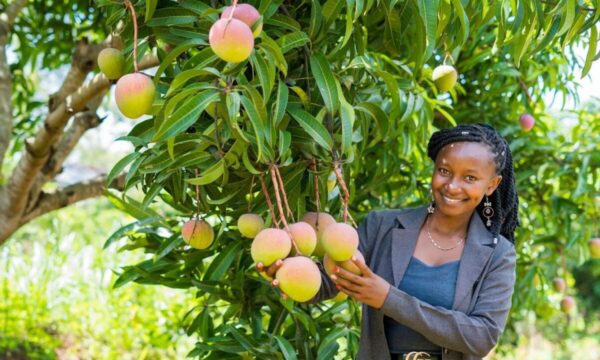
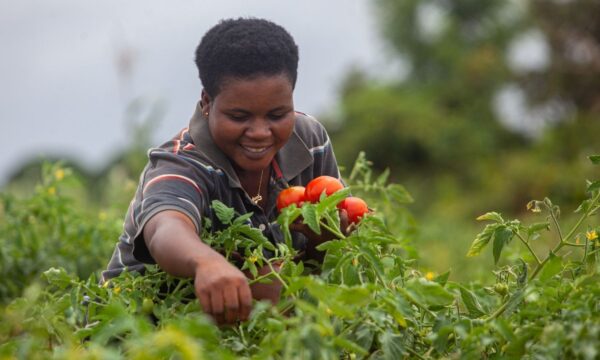
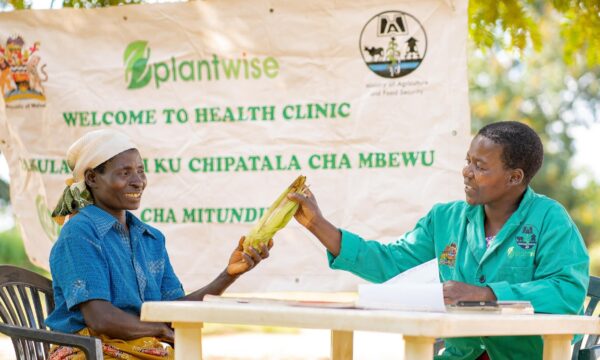
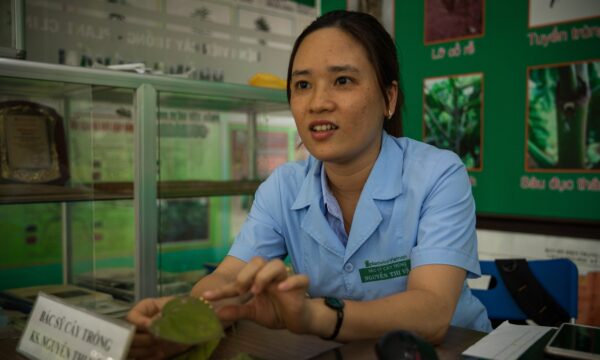
[…] farmers’ door steps. Plant clinics, supported by the Plantwise Knowledge Bank, are found to be an effective and economically relevant approach to minimize crop losses by providing an on-the-spot advisory service to farmers. The Plantwise […]